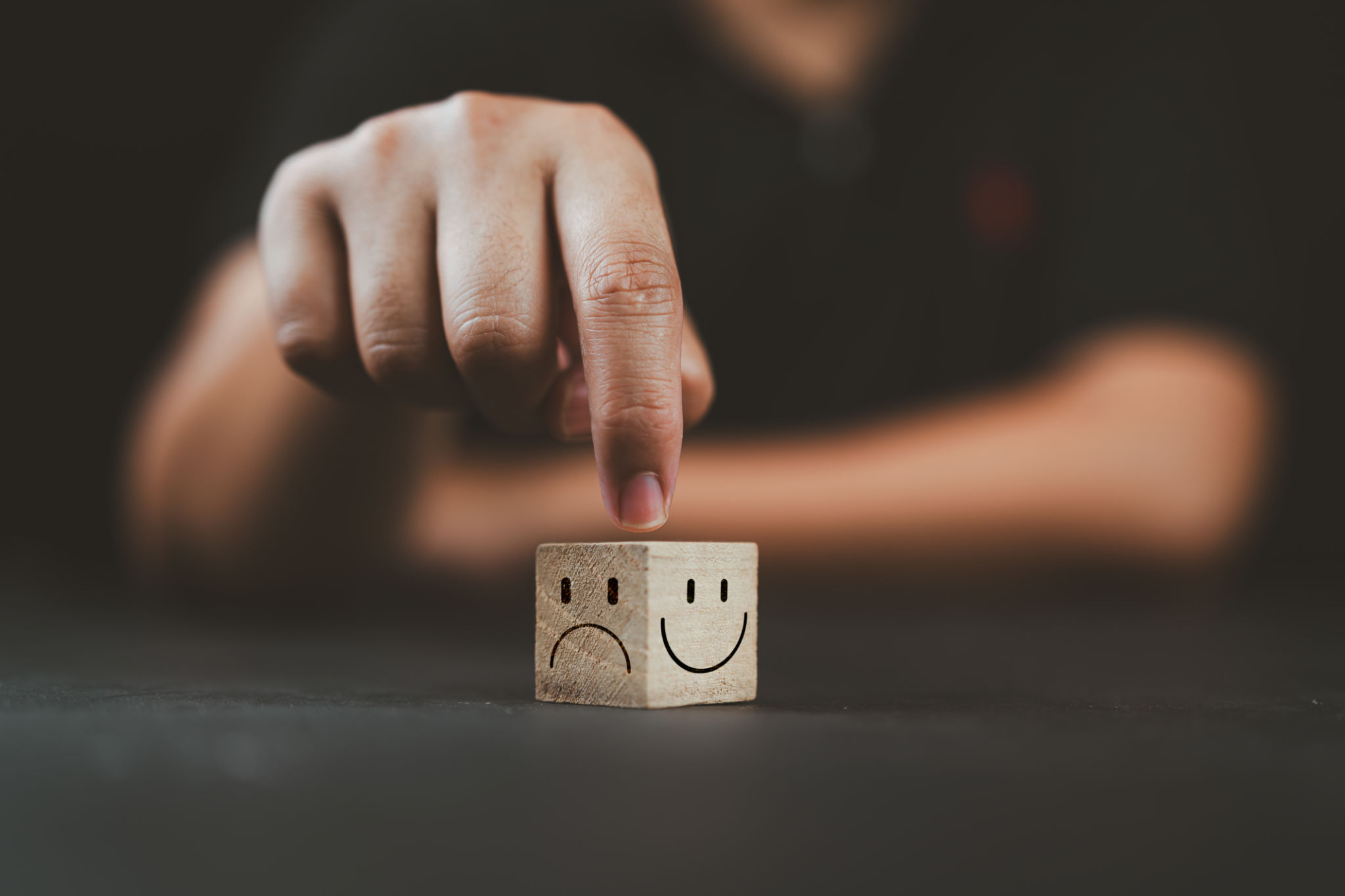Why Choose One-on-One Counseling Over Group Therapy?
Understanding the Basics: One-on-One Counseling vs. Group Therapy
When it comes to mental health treatment, both one-on-one counseling and group therapy offer unique advantages. The key is to identify which setting aligns best with your personal needs and preferences. One-on-one counseling provides a private environment where the focus is entirely on you, whereas group therapy fosters a sense of community through shared experiences.

In individual counseling, the therapist tailors sessions specifically to your issues and concerns, which can lead to a more customized therapeutic journey. This individualized attention often results in a deeper understanding of personal challenges and more effective coping strategies.
Benefits of Personalized Attention
One of the primary benefits of one-on-one counseling is the personalized attention you receive. In these sessions, therapists can delve deeply into your personal history, emotions, and thoughts, crafting a treatment plan that is uniquely suited to your needs. This kind of tailored approach can accelerate progress and make therapy more effective.
Furthermore, individual counseling sessions allow for confidentiality and privacy. Many people find it easier to open up about sensitive topics when they know that their conversations are strictly between them and their therapist. This level of privacy can be crucial for dealing with complex or deeply personal issues.
Exploring Flexibility in Therapy
The flexibility offered by one-on-one counseling is another significant advantage. With this form of therapy, you have the opportunity to schedule sessions around your availability, making it easier to integrate therapy into a busy lifestyle. Moreover, individual sessions can adapt to changing circumstances and priorities over time.

This flexibility also extends to the pace of therapy. In individual counseling, you can move at your own speed, taking as much time as needed to process feelings and experiences. This contrasts with group therapy, where the dynamics often require everyone to stay on a similar timeline.
Diving Deeper with Focused Attention
In a one-on-one setting, there's ample opportunity to explore underlying issues with focused attention. Therapists can help you identify patterns in your behavior and thought processes that might not be as apparent in a group setting. This deep dive into personal issues can be instrumental in fostering long-term healing and growth.
Moreover, the unique relationship that develops between a therapist and client in individual counseling can contribute significantly to the therapeutic process. This bond provides a safe space for vulnerability and honesty, which are essential components of effective therapy.

Conclusion: Finding the Right Fit for You
Ultimately, the choice between one-on-one counseling and group therapy depends on your personal preferences and therapeutic goals. If you value personalized attention, flexibility, and privacy, one-on-one counseling may be the ideal choice for you. On the other hand, if you're looking for shared experiences and peer support, group therapy could be a better fit.
It's important to remember that both forms of therapy have their strengths, and what works best for one person might not be the same for another. Consider what aspects of therapy are most important to you, and don't hesitate to discuss these preferences with a mental health professional who can guide you toward the best option for your needs.
